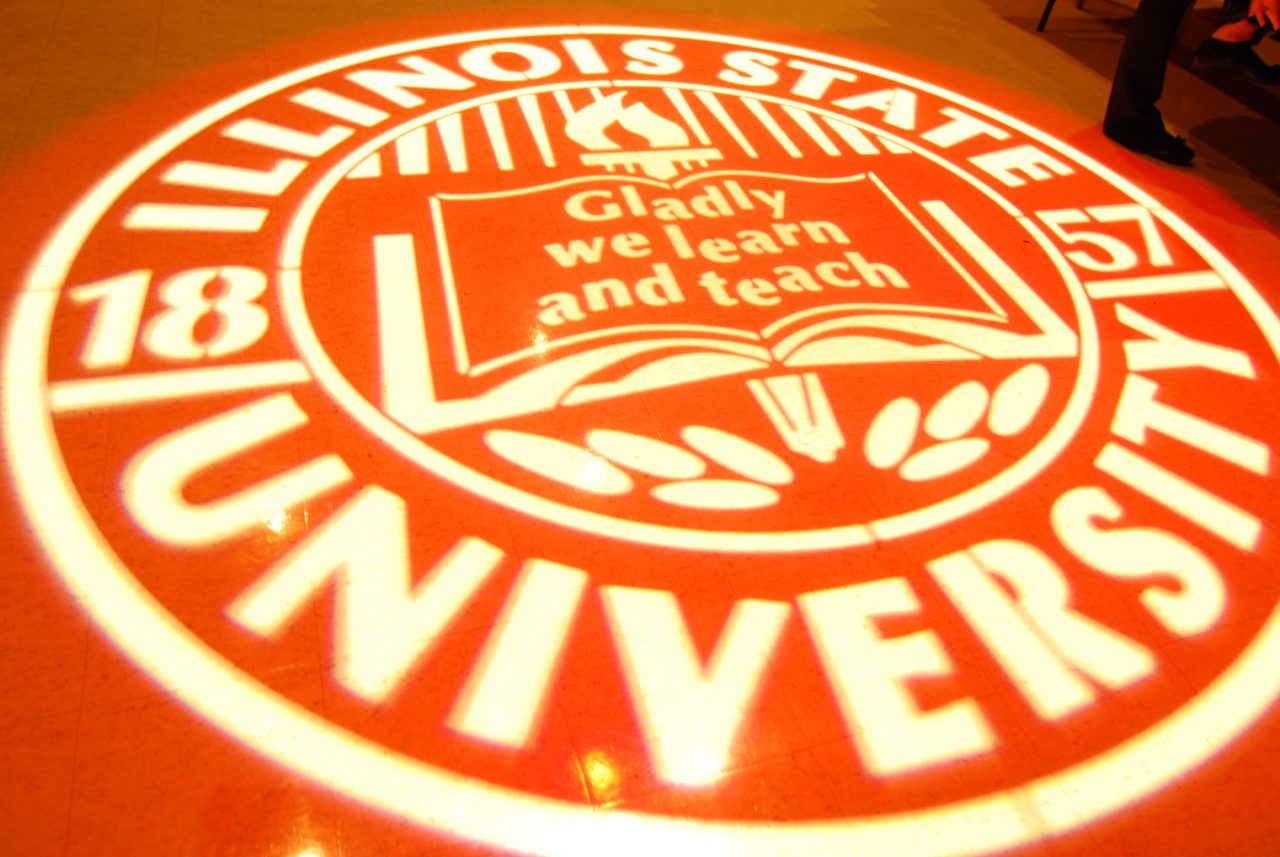Answering questions such as “What do you see as you look around campus that deemed it necessary for us to be here today?” and “What has been your experience with social justice conversations?” is the impetus behind Diversity Advocacy’s yearly Social Justice Institute.
The one-day Institute is targeted to upperclassmen to help them explore their self-identity, define social justice components and then create a plan for their next steps in the process. Many of the participants have already been through the civil rights movement and alternative spring break trips offered through Illinois State University, giving them some powerful first steps toward the awareness, change and responsibility components of the Institute.
“The Social Justice Institute is an inclusive way to provide students with developmental diversity education,” said Angela Davenport, coordinator of Diversity Advocacy. “We want to first get them to recognize their ‘triggers’ to cope with social injustice, and then use a dialogue to take them to deeper levels of understanding and acceptance.”
The Institute works with the social justice definition: “The goal of social justice education is full and equal participation of all groups in a society that is mutually shaped to meet their needs. Social justice includes a vision of society that is equitable and all members are physically and psychologically safe and secure” (Adams, Bell & Griffin, 2007).
The national Social Justice Training Institute provides forums for professional and personal development to create greater inclusion for all members of the campus community through a deeper understanding of oppression at the individual, group, cultural and systems levels through the lens of race and racism.
“The Social Justice Institute was a wonderful experience,” said participant Todd Leigh. “It was informative, interactive and interesting. Being a student leader at Illinois State, I am fairly aware of student leadership and organizational management, but I wasn’t really educated on social justice issues as much as I should have been. The Institute assisted me in how I can be the change I wish to see in the world.”
Two facilitators from the national institute guide participants through a multicultural change process, which includes PAN (Pay Attention Now), which is noticing and naming without judging or assuming, and then PANing themselves and others for things such as feelings, behaviors, silences and impacts. Participants explain their values, how they developed their values and how those values shaped them and their biases. They explore the “Big 8” identities of race, class, gender, sexual orientation, religion, age, nationality and ableness, and then are classified as dominant and subordinate to better realize motivation and thinking processes. The link between social justice work and leadership is then explored, with the goal of moving forward with strategies to foster positive change on campus and in their communities.
Davenport, who first learned about the Institute while at a conference, said during the two years of the Social Justice Institute at Illinois State, 50 students have participated in The Power of One: Awareness, Change, Responsibility one-day conferences. She said this past year participants were given journals, and they will reconvene to discuss and reflect on what they took away and what they have used from the Institute.

